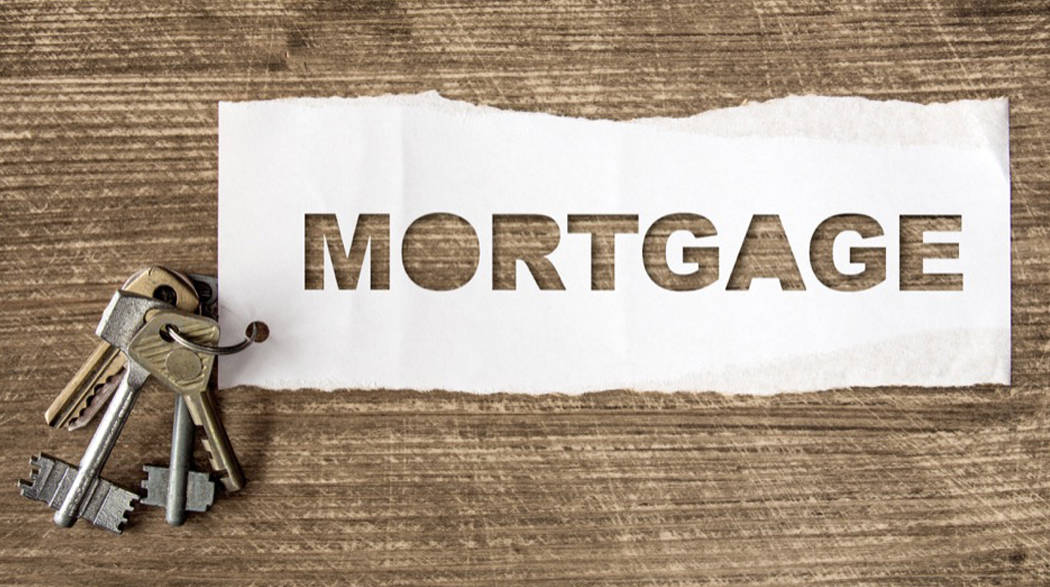Your Most Trusted Partner in Home Purchase Loans & Refinance Loans
Open Hours: Mon. - Fri., 9:00 a.m. - 6:00 p.m.

If you are a first-time homebuyer, it might be easy for you to get overwhelmed by all the types of mortgages you would find. Each one of them has its pros and cons, requirements to comply with, and differences to compare.
It might be hard to choose one mortgage if you don’t know what to expect. But this choice is very important since it will influence the house you will live in and the amount of money you will pay on the mortgage for many years. Here you will find everything you need to know to make the right decision.
There are different ways to classify mortgages. When looking for a loan you will have to choose one option from each group.
This criterion refers to the interest rates of your loan.
If you choose adjustable rates, you might start with paying a fixed amount. However, a few years after purchasing your house, the amount of money you will pay on interests will depend on the current market rates. It gives you an advantage if the rates are dropping but puts you at risk of them rising sometime in the future.
Fixed rates, on the other hand, stay the same throughout the duration of your mortgage. If you choose this option, you won’t have to be concerned with the current market rates.
These are the most popular loans among the different options for loan terms. Shorter loans result in higher monthly payments but lower interest rates.
30-year mortgages are the opposite. You should choose them if you can’t afford to pay a high principal every month but the overall payment for your mortgage will be bigger.
Conventional loans are provided by private entities and not backed by any governmental organization. Since no one protects these lenders against foreclosure, they take their own measures, such as higher interest rates and stricter eligibility criteria.
Nevertheless, since no government organization has to approve your purchase, there are no restrictions as to the type or location of your property. You don’t have to be a first-time buyer and you can buy investment homes as well.
Government-insured loans include three programs: the FHA Loan, the VA Loan, and the USDA Loan. There are different conditions that dictate who can apply for each program and what type of property can be bought. They tend to have lower interest rates and other benefits. For example, FHA loans are very easy to qualify for since the credit score and income requirements are low.
The term conforming mortgages refers to loans that don’t surpass the maximum amount set by the government.
If you want to borrow more than that amount, you will have to opt for non-conforming or jumbo loans. Although they require a high credit score and down payment, the interest rates tend to be competitive.
Apart from the loan types mentioned above, there are other, special mortgage options, for example:
Balloon mortgages require large payments at the end of the loan. You should think about it thoroughly before opting for this option since the balloon payments might be unmanageable if you don’t prepare beforehand.
Construction loans let you borrow money to build a house, instead of buying one. These mortgages often require large down payments, though. They serve as proof that you can afford the construction and pay the debt off in time.
Reverse mortgages are only available for people starting at age 62. The loan company will pay the owner part of the home’s equity every month but won’t claim the property as long as it’s the owner’s primary residence. Many retired homeowners use this type of mortgage as a source of income.
If you need more help in understanding these mortgage terms or in finding a mortgage loan that suits you, our mortgage brokers can assist you.
Call us at (813) 284-4027 to book a schedule. Our mortgage brokers will explain everything you need to know before applying for a loan and starting the home-buying process.
